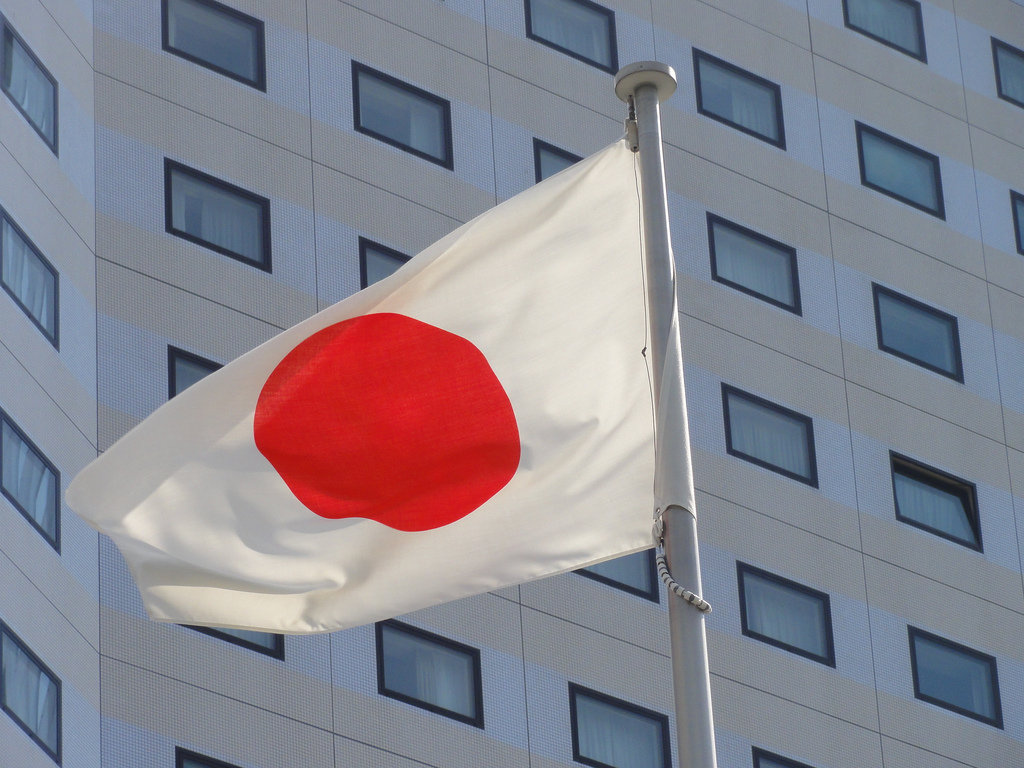Governor of the Bank of Japan Haruhiko Kuroda noted this opportunity, indicating in November a "reversal rate", or a rate of decline in central bank rates that could damage the economy, squeezing the banks' credit margins to a level where they lose interest in lending.
Last week, Kuroda said that the Bank of Japan could abandon the crisis stimulus, warning that a strong stimulus could undermine the health of regional banks.
28 of the 36 economists surveyed from 4 to 12 December said they were "somewhat concerned" or "very worried" about the adverse impact of the Bank of Japan's policy on banks. Five people said they were not very worried, and three said that they did not worry about it at all.
"The profits of banks in their core business have been squeezed, and regional financial institutions can go bankrupt if the current monetary policy continues for several more years," said Takeshi Minami, chief economist at the Norinchukin Institute.
The survey showed that 17 out of 35 economists believe that the recent comments of the members of the Board of Directors of the Bank of Japan on the policy reversal will not affect monetary policy. But 13 respondents, or about a third, believe that such talks indicate that the central bank refrains from further weakening.
Atsushi Takeda, chief economist at the Itochu Institute of Economic Research, welcomed the discussion on the problems of the "turn".
"I think that a broad discussion will help to explore the flexible options in the exit strategy," he said in a poll.
At its October meeting, the Bank of Japan supported the obligation to direct short-term interest rates to minus 0.1% and the yield of 10-year bonds at zero level.
The medians of the forecasts in the survey showed that the Bank of Japan will keep both short-term rates and 10-year target bond yields at the same level, at least until the second half of 2019.
Most economists surveyed said that the regulator will begin to reduce its incentives in late 2018 or after.
The economy of Japan is on the second largest segment of continuous postwar growth due to stable foreign demand. If this expansion continues until January 2019, this will be the longest growth in history.
20 out of 33 surveyed economists predicted that economic expansion will continue until 2020 or beyond, while 11 expected it to end in the second half of 2019. The two said it would end in the first half of 2019.
source: reuters.com
Last week, Kuroda said that the Bank of Japan could abandon the crisis stimulus, warning that a strong stimulus could undermine the health of regional banks.
28 of the 36 economists surveyed from 4 to 12 December said they were "somewhat concerned" or "very worried" about the adverse impact of the Bank of Japan's policy on banks. Five people said they were not very worried, and three said that they did not worry about it at all.
"The profits of banks in their core business have been squeezed, and regional financial institutions can go bankrupt if the current monetary policy continues for several more years," said Takeshi Minami, chief economist at the Norinchukin Institute.
The survey showed that 17 out of 35 economists believe that the recent comments of the members of the Board of Directors of the Bank of Japan on the policy reversal will not affect monetary policy. But 13 respondents, or about a third, believe that such talks indicate that the central bank refrains from further weakening.
Atsushi Takeda, chief economist at the Itochu Institute of Economic Research, welcomed the discussion on the problems of the "turn".
"I think that a broad discussion will help to explore the flexible options in the exit strategy," he said in a poll.
At its October meeting, the Bank of Japan supported the obligation to direct short-term interest rates to minus 0.1% and the yield of 10-year bonds at zero level.
The medians of the forecasts in the survey showed that the Bank of Japan will keep both short-term rates and 10-year target bond yields at the same level, at least until the second half of 2019.
Most economists surveyed said that the regulator will begin to reduce its incentives in late 2018 or after.
The economy of Japan is on the second largest segment of continuous postwar growth due to stable foreign demand. If this expansion continues until January 2019, this will be the longest growth in history.
20 out of 33 surveyed economists predicted that economic expansion will continue until 2020 or beyond, while 11 expected it to end in the second half of 2019. The two said it would end in the first half of 2019.
source: reuters.com





